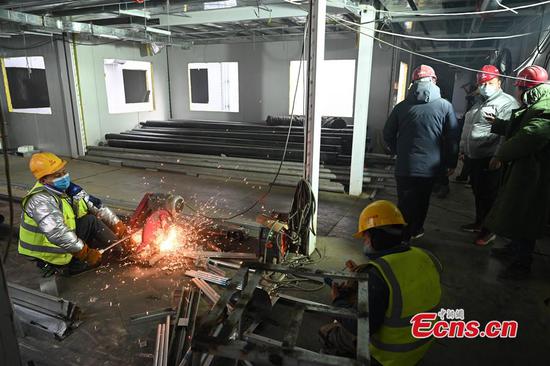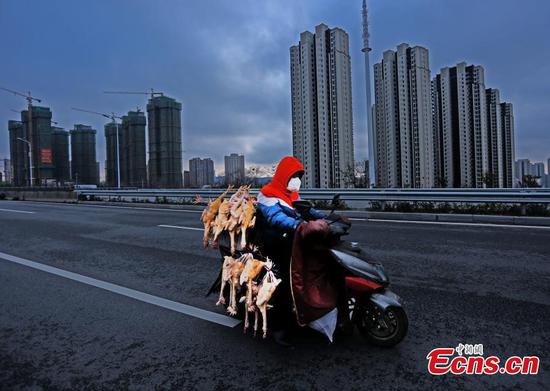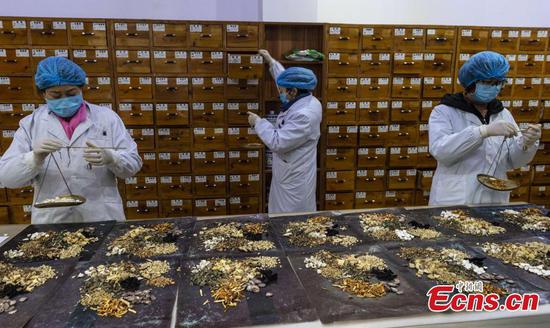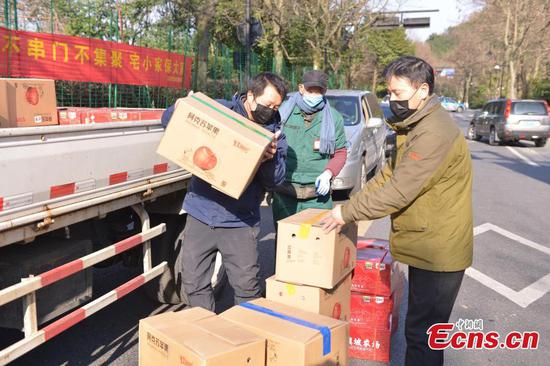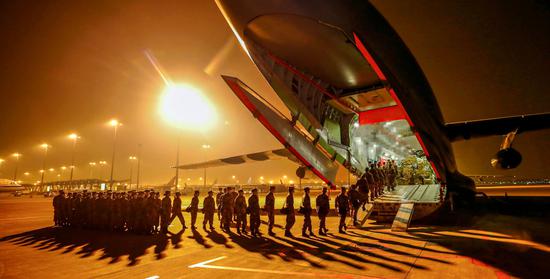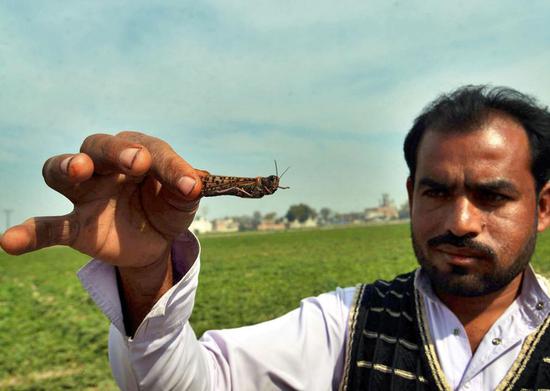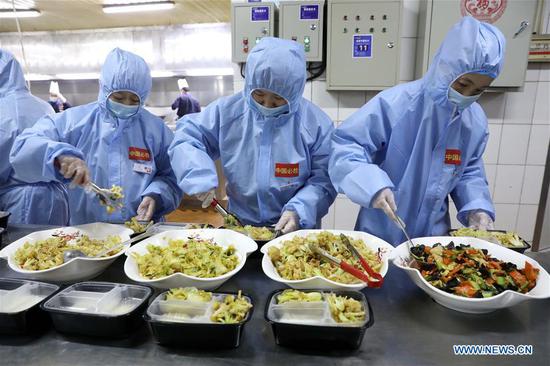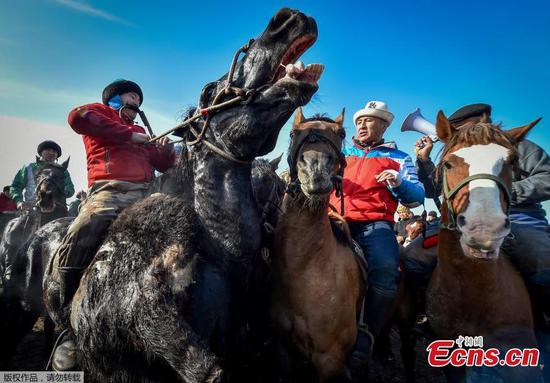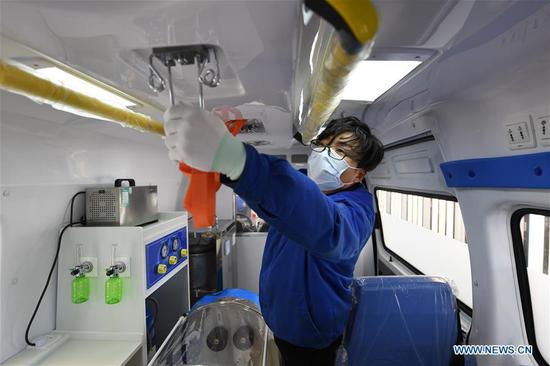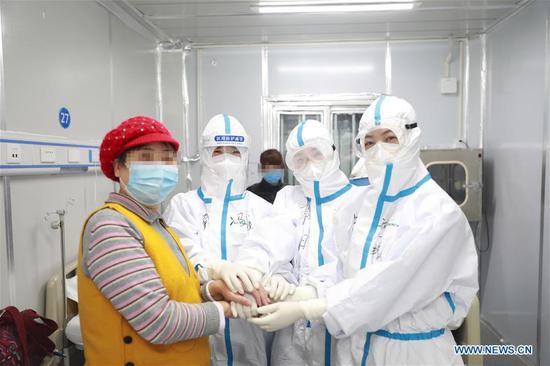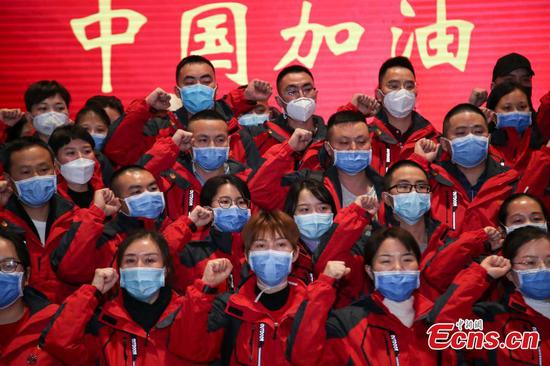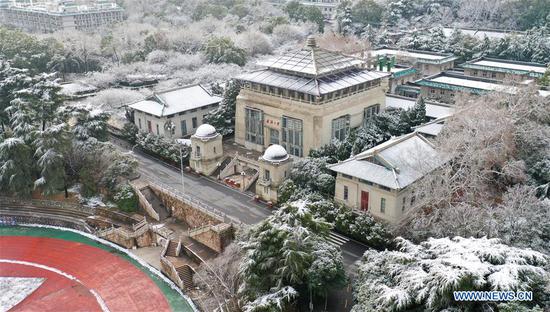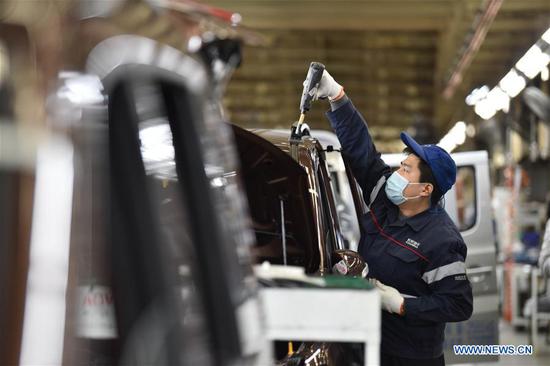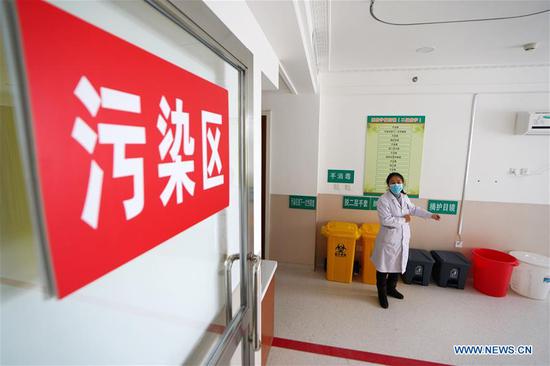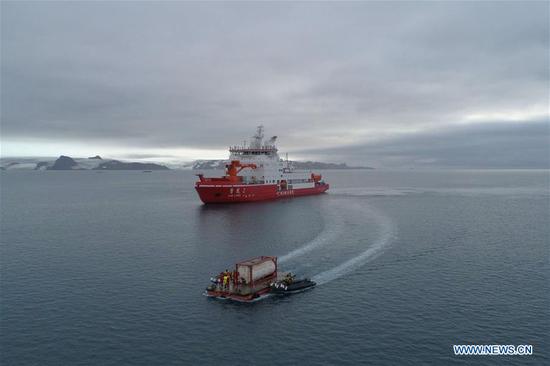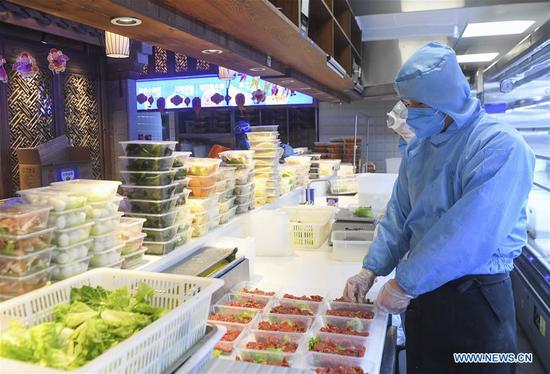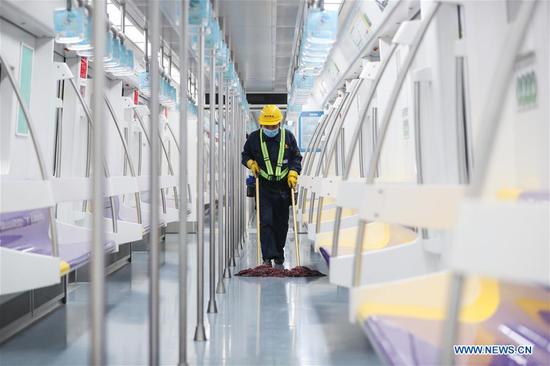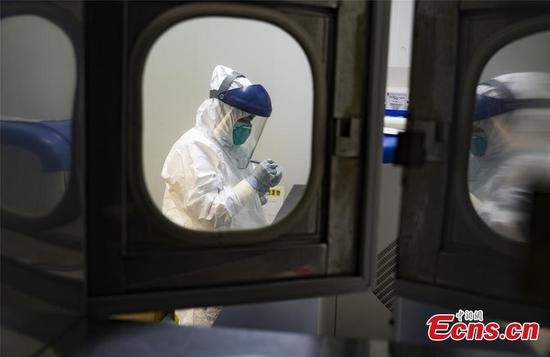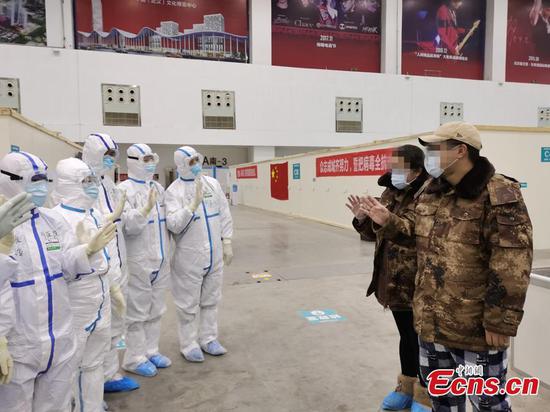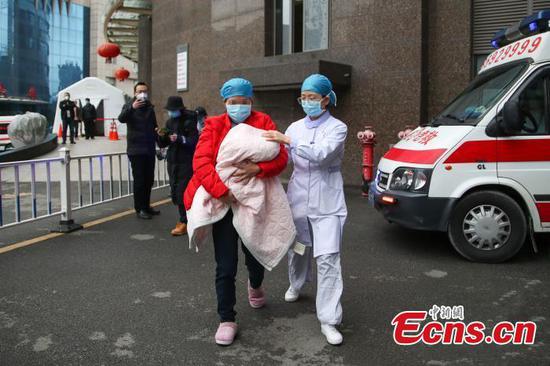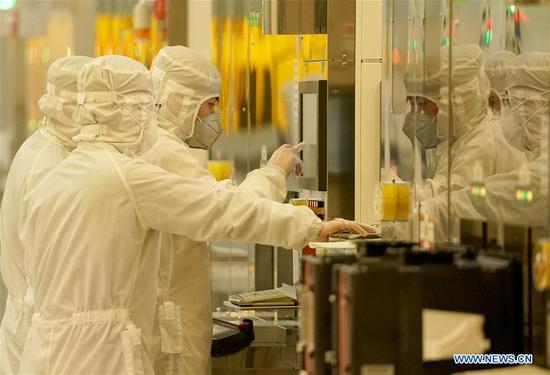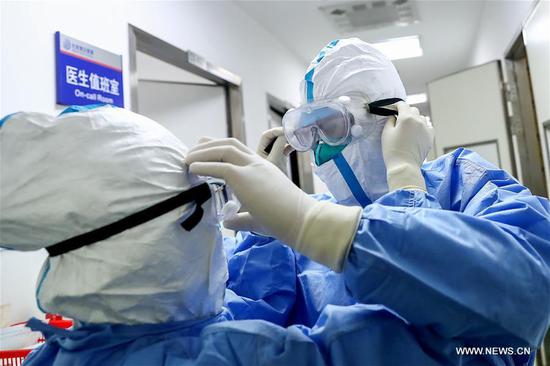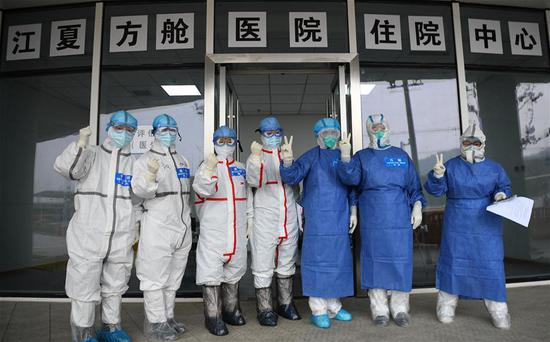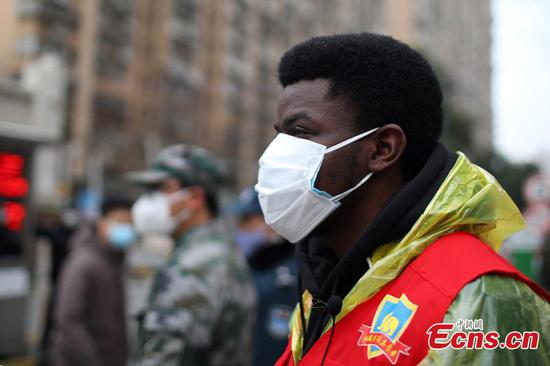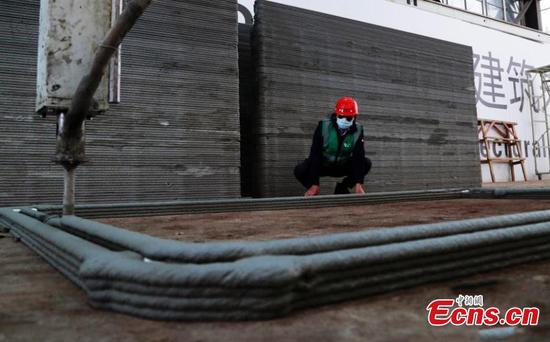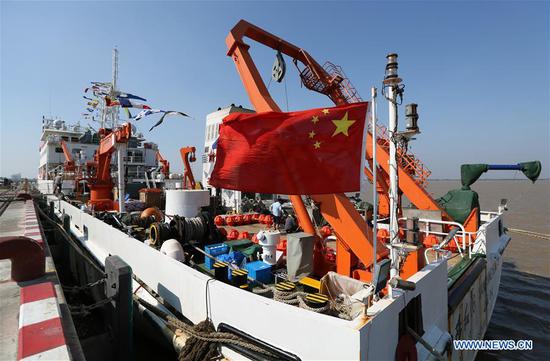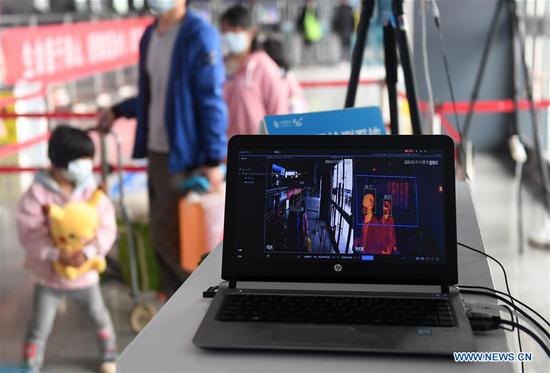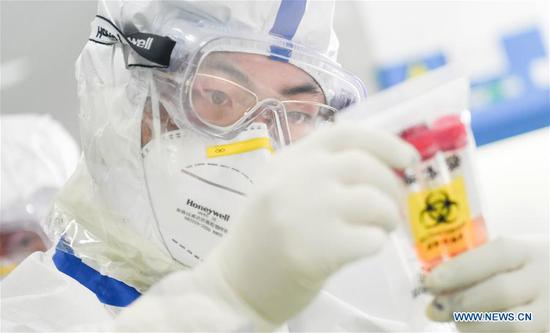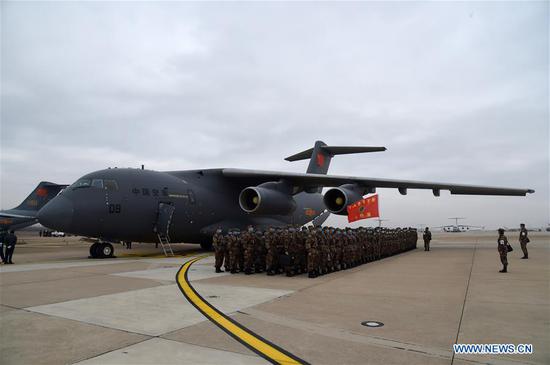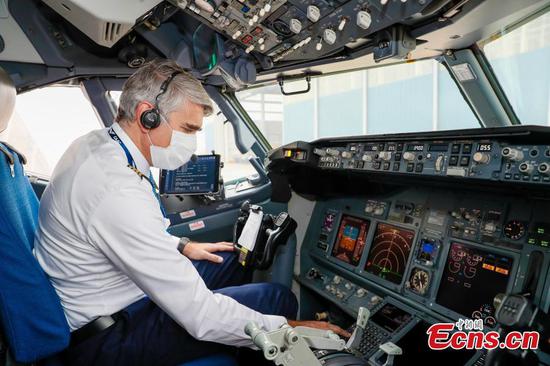A German court has ordered Tesla to temporarily halt preparations for a car factory near Berlin after local activists raised concerns about its impact on the environment.
The United States based-electric carmaker announced plans last November to build a "gigafactory "in Grunheide in the eastern state of Brandenburg.
The court ruling, by the higher administrative court of the states of Berlin and Brandenburg, comes after the state environmental office gave the green light to clear 92 hectares of forest for the plant.
Planning permission has not yet been granted to build the gigafactory, however, meaning Elon Musk's company is preparing the ground at its own risk, according to the BBC.
Local activist group Gruene Liga Brandenburg (Green League of Brandenburg) subsequently complained about the work. The protesters say the factory is a threat to local wildlife and water supplies, and Reuters notes that hundreds of demonstrators have protested over the factory and its impact on the area.
In a statement, the court said it had issued the order to stop the tree-felling because it would have only taken three more days to complete the work and the forest clearance would have finished before judges made a final decision on the complaint.
"It should not be assumed that the motion seeking legal protection brought by the Green League lacks any chance of succeeding," the court statement added. Further court hearings are expected to take place this week.
Reuters reports that lawmakers from the pro-business Christian Democrat and Free Democrat parties have warned that the legal battle waged against the gigafactory would inflict serious and long-lasting damage on Germany's image as a place to do business.
Tesla is not the only large company to have faced difficulties in the country, said technology magazine The Verge. Back in 2018, Google abandoned plans to launch a startup in Berlin's Kreuzberg neighborhood after locals protested the impending corporate gentrification.
Tesla has bought almost 300 hectares for its German factory, which it hopes to open in 2021. Eventually, it wants the factory to produce as many as 500,000 cars annually, and employ 12,000 people.
The company has said it will relocate colonies of forest ants, reptiles, and bats that will be affected by its work, notes the BBC, citing local media reports. Last month, authorities found and diffused seven World War II bombs on the site as part of Tesla's construction preparation.
The company's CEO has defended the factory's impact on the environment. In a social media post Musk said: "Giga Berlin will build sustainable energy vehicles using sustainable energy, so net environmental impact will be extremely positive!"
The automaker and clean energy giant had previously weighed up opening its new gigafactory plant near Manchester, in the United Kingdom, before opting for Berlin.
The Manchester Evening News said that while Berlin was always the front-runner, the British government had attempted to lure Tesla to the north of England in a bid to prove the UK would be able to attract massive international investment post-Brexit.
Tesla currently has two gigafactories in the US and one in Shanghai, China. Reuters reports that Tesla shares have surged 340 percent since early June.









